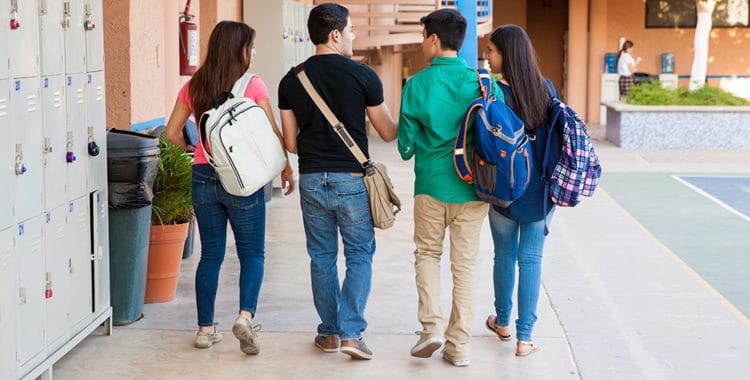Is There a Treatment Alternative for Juvenile Sex Offenders?
Established in 1984, Washington’s Special Sex Offender Sentencing Alternative (SSOSA) authorizes courts to order certain sexual offenders to undergo treatment in lieu of serving time in prison. For someone being prosecuted for a sex offense in adult court, a SSOSA may be a good option if the accused meets all of the eligibility criteria and has a good understanding of what the process entails and the risks involved. But what if you’re under 18 and facing a sex offense charge in juvenile court?
Fortunately, in 1990 the Special Sex Offender Disposition Alternative (SSODA) was established for juvenile offenders as part of the Community Protection Act. Like its adult-court counterpart, a SSODA allows the court to suspend the disposition (the juvenile court term for “sentence” or “conviction”) and place an eligible offender on two years of specialized probation where sex offender treatment is the focus. Instead of being sent to serve a sentence at a juvenile rehabilitation institution, you will able to remain in the community so long as you comply with the conditions established by the court.
How is eligibility determined?
Under Washington law, a juvenile offender is eligible for a SSODA if he or she (1) has committed a sex offense other than a “serious violent offense” such as Rape in the First Degree and (2) has no history of a prior sex offense. The juvenile who seeks SDODA must undergo an evaluation to determine whether the juvenile is amenable to treatment and whether treatment may safely be provided while the juvenile is living at home or in an alternative community placement—that is, not locked up. The judge is also required to consider the victim’s opinion regarding whether the juvenile should be granted a SSODA.
What is required of a juvenile offender under a SSODA?
Fortunately, unlike adult offenders, juveniles seeking a SSODA do not have to pay the costs for evaluation and treatment, as public funds are available to pay them for eligible juveniles. As noted above, if the court decides to grant a SSODA, it will impose but suspend a disposition and place the juvenile on community supervision (another name for probation) for two years. The court can impose a number of conditions of community supervision, which may include:
- Up to 30 days of confinement
- Residing only at a court-approved address
- Supervision at all times by court-approved supervisors (parents or other authorized adults)
- Restrictions on travel
- Regular contact with a probation officer
- Regular school or work attendance
- No criminal violations
- No contact with the victim, even through electronic means or a third party
- No firearms, ammunition, or other weapons
- No unsupervised internet use (which will restrict possession and use of electronics that can access the internet)
The court must also order the juvenile not to attend the school attended by the victim or the victim’s siblings.
Because each county administers its own SSODA program, there can be some variations in SSODA requirements from county to county.
What happens if a juvenile violates the conditions of a SSODA?
A SSODA can be revoked if a juvenile violates any condition of community supervision or the court finds that the juvenile is failing to make satisfactory progress in treatment. If the SSODA is revoked, the original suspended disposition will automatically be imposed, which could mean spending years in a juvenile institution. Although a judge is authorized to revoke a SSODA if the juvenile violates any conditions, he or she can opt instead to leave the SSODA in place and impose a penalty of up to 30 days confinement. Technically, the law authorizes courts to both revoke the SSODA and impose up to 30 days confinement, but they usually will do one or the other.
The Marshall Defense Firm is ready to help juvenile offenders and their parents decide whether to seek SSODA by explaining their rights and responsibilities once a SSODA is in place. If you and your child wish to pursue SSODA, we will fight as hard as we would to win a trial. Please contact us at 206.826.1400 or solutions@marshalldefense.com to schedule a consultation.





